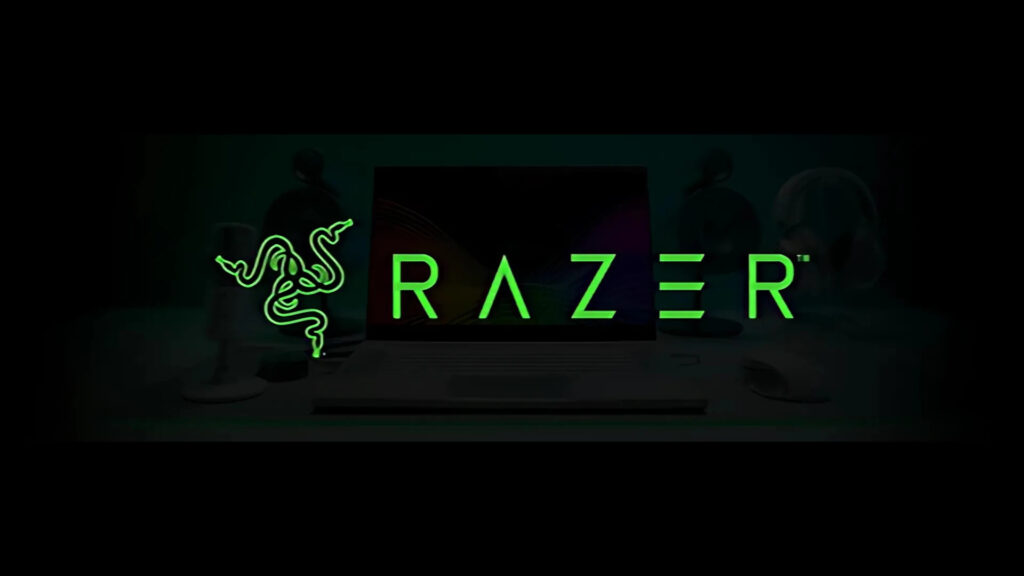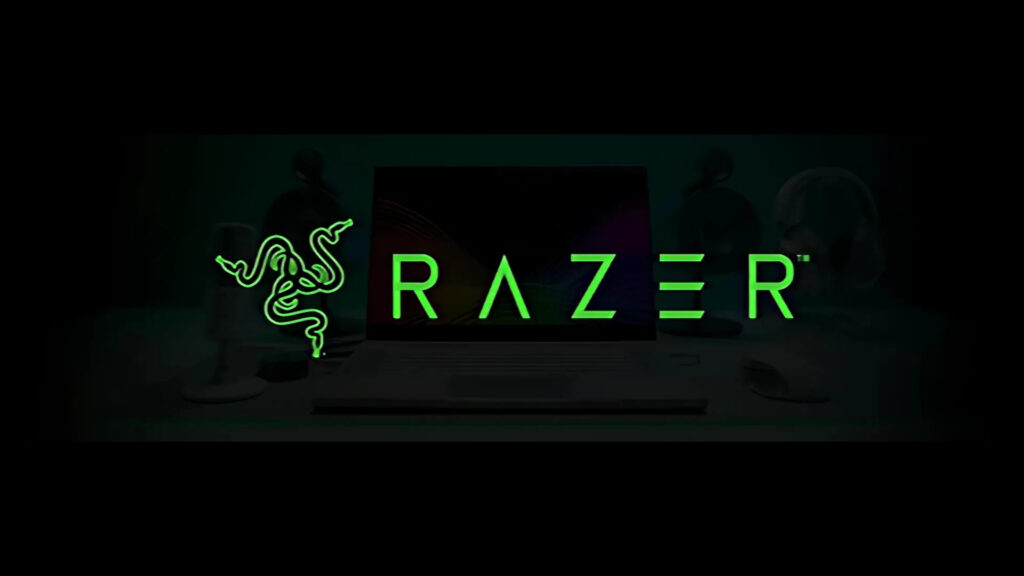
Se sei un appassionato di periferiche Razer e utilizzi una distribuzione GNU/Linux, sicuramente conosci OpenRazer: il progetto open source che consente di gestire e personalizzare tastiere, mouse, cuffie e accessori Razer direttamente dal tuo sistema operativo libero. OpenRazer mette a disposizione driver per il kernel Linux, un demone user-space e librerie Python per interagire con le periferiche tramite DBus, offrendo così un controllo avanzato su illuminazione RGB, effetti, macro e molte altre funzionalità.
OpenRazer nasce per colmare l’assenza di driver ufficiali Razer per il mondo GNU/Linux, offrendo una soluzione libera, aperta e costantemente aggiornata grazie al contributo della comunità. Il software è distribuito sotto licenza GPLv2, garantendo trasparenza e libertà di modifica. È compatibile con tutte le principali distribuzioni GNU/Linux, come Ubuntu, Fedora, Arch Linux e derivate. L’ultima versione stabile precedente, OpenRazer 3.10.2, risale a marzo 2025 mentre la serie principale OpenRazer 3.10 nasce a febbraio 2025.
Novità in OpenRazer 3.10.3
OpenRazer 3.10.3, pur essendo un aggiornamento minore, è importante perché mirato a garantire la compatibilità con il kernel Linux 6.15, la cui uscita è imminente. Questo significa che potrai aggiornare il tuo sistema senza temere problemi con le periferiche Razer più recenti. Ecco un riassunto delle principali novità:
- Nuovi dispositivi supportati: aggiunto il supporto per Razer Naga V2 Pro, un mouse wireless di fascia alta, ideale per giocare ai “Massively Multiplayer Online game” (MMO – gioco online multi-giocatore di massa), dotato di numerosi tasti programmabili e per Razer Strider Chroma (tappetino RGB con illuminazione personalizzabile).
- Compatibilità kernel Linux: risolto il problema con la funzione
hrtimer_init(), ora sostituita dahrtimer_setup(), per garantire il funzionamento con il kernel Linux 6.15. - Stabilità e correzioni: risolto un kernel panic che poteva verificarsi su alcune configurazioni, migliorata la gestione dei tasti funzione (Fn) sulla tastiera Razer DeathStalker V2 Pro TKL, corretta la soglia di carica bassa per Razer Viper V3 Pro e migliorata la mappatura dei tasti sulla Razer BlackWidow Ultimate 2012.
Perché scegliere OpenRazer su GNU/Linux
L’utilizzo di OpenRazer permette di sfruttare appieno le potenzialità delle periferiche Razer anche su GNU/Linux, con la possibilità di:
- Personalizzare effetti di illuminazione RGB e macro.
- Gestire profili multipli per ogni dispositivo.
- Ricevere notifiche sulla carica della batteria per mouse e tastiere wireless.
- Automatizzare azioni grazie alle API Python e all’integrazione con DBus.
- Usare strumenti grafici come Polychromatic per la gestione semplificata delle periferiche (disponibile anch’esso nei repository software delle principali distribuzioni).
Installazione di OpenRazer
Per installare i driver OpenRazer su Ubuntu e derivate, è disponibile un repository software ufficiale (PPA) che garantisce aggiornamenti rapidi:
<strong>sudo add-apt-repository ppa:openrazer/stable<br />sudo apt update<br />sudo apt install openrazer-meta</strong>Su Arch Linux puoi utilizzare AUR tramite un helper come yay:
<strong>yay -S openrazer-meta</strong>Dopo l’installazione, riavvia il sistema per assicurarti che i driver siano caricati correttamente.
Per tutti i dettagli puoi leggere l’annuncio di rilascio ufficiale su GitHub dove troverai anche i file sorgenti della nuova versione.
Consigli per la scelta delle periferiche Razer
Se stai pensando di acquistare una nuova periferica Razer compatibile con GNU/Linux, puoi consultare la lista dei dispositivi supportati nella documentazione ufficiale di OpenRazer. Ecco alcuni modelli consigliati, disponibili anche su Amazon:
- Razer Naga V2 Pro: mouse gaming con 3 pannelli laterali intercambiabili, perfetto per MMO e produttività.
- Razer DeathStalker V2 Pro TKL: tastiera compatta wireless, ideale per chi cerca prestazioni e portabilità.
- Razer Strider Chroma: tappetino RGB con superficie ottimizzata per ogni tipo di mouse.
Acquistando tramite i link affiliati Amazon, supporterai il blog senza costi aggiuntivi.
Fonte: https://github.com/openrazer/openrazer/releases/tag/v3.10.3
Fonte: https://github.com/openrazer/
Fonte: https://openrazer.github.io/#devices
Fonte: https://www.phoronix.com/news/OpenRazer-3.10.3
Source: Read More

